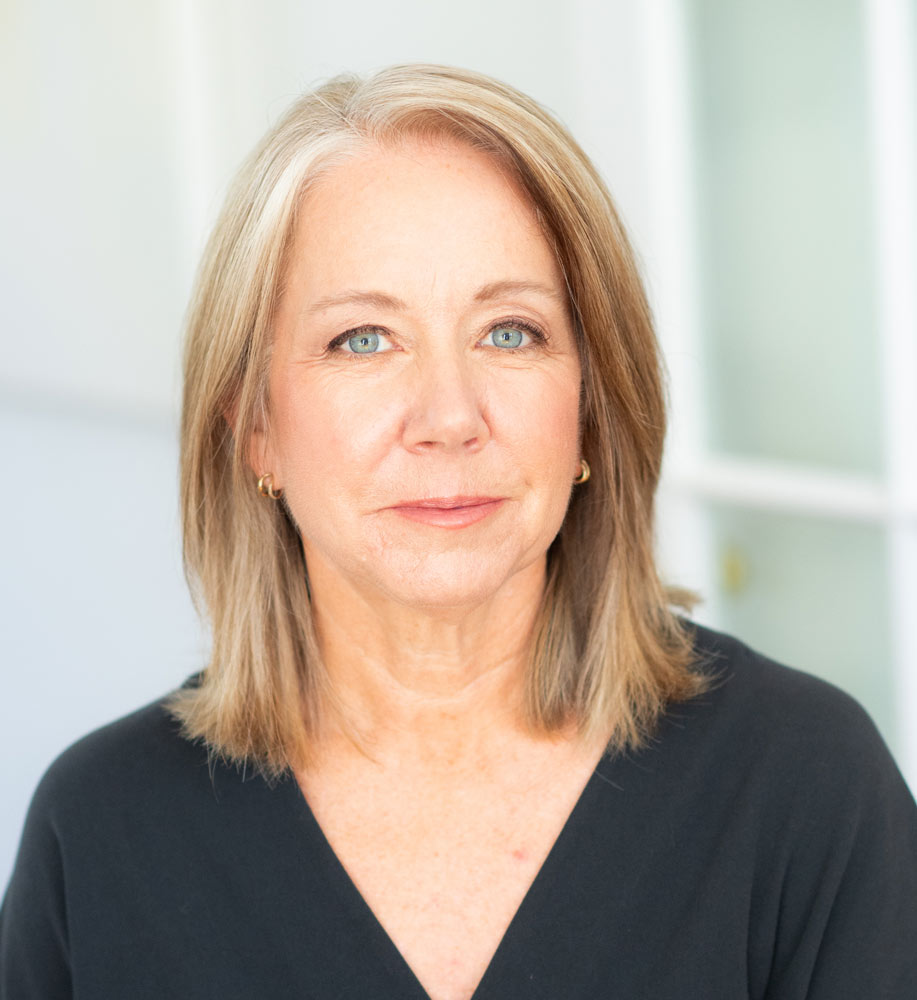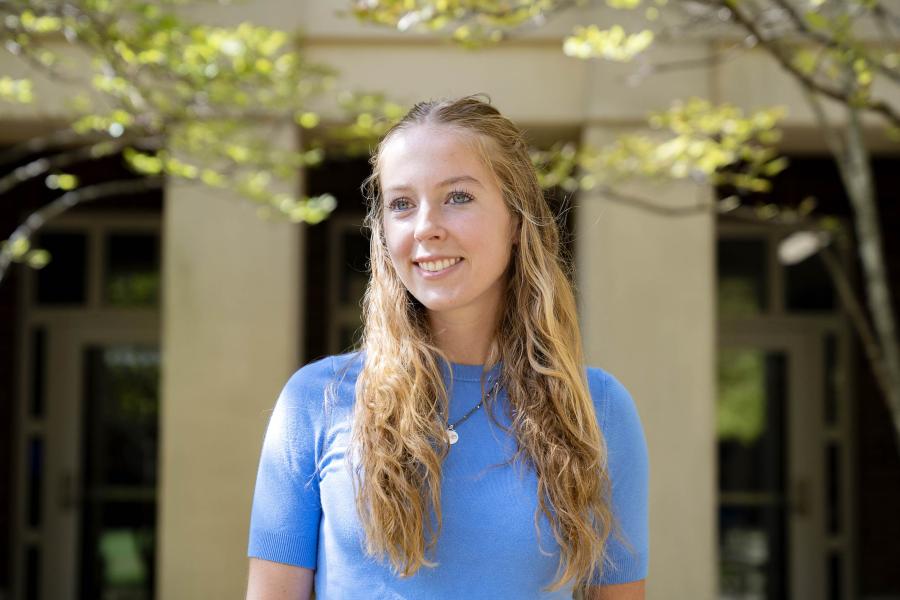Bestselling developmental clinical psychologist Meg Jay became something of a household name in 2013 when she published the first iteration of her book, "The Defining Decade: Why Your Twenties Matter and How To Make the Most of Them Now."
More than half a million people bought the book, which the New York Times called a "cult classic."
Jay, a 1992 graduate of the University of Virginia, is back with a follow-up, "The Twentysomething Treatment: A Revolutionary Remedy for an Uncertain Age." Reviews say it's a must-read for and about people living in this decade of their life.
The word "uncertainty" came up a lot as Jay described the topic of her book, which Simon & Schuster just published.
"I think probably one of the things that stands out the most about what's happening in the brain of 20-somethings is that they're trying to manage an overwhelming amount of uncertainty," she said. "They've spent a good (18) years in school, where life is highly structured."
And then, she said, people graduate from school and enter young adult life "and suddenly life is very unstructured, because modern adulthood is unstructured."
Typical adult milestones - getting married, buying a first home, planning a family and becoming established in their careers - increasingly lie years ahead when people reach their 30s.
The Uncomfortable In-Between Time and How Work Is the Ultimate Shaper
To put it another way, Jay said people living in their quarterlives are "between families." It's an uneasy and challenging phase of life to navigate and she said it should be taken seriously.
Young is not always fun. But guess what? Work is pivotal to providing structure, which in turn juices wellbeing.
In chapter seven of her book, "How to Work," Jay writes this: "The single biggest driver of personality change in adulthood is work."
She cites a 2013 study of almost 300,000 young adults from around the world. It found work played a larger role than becoming a partner or a parent in helping people feel "more agreeable, more responsible and more settled."
This finding, she said, is why she will not work with young adults who do not have a job or are unwilling to get one. "If my 20-something clients aren't on a steep learning curve at work, I would rather they get another job because it's really about skill building," she told UVA Today. "If you're not feeling stressed and anxious at work as a 20-something, you're probably not learning enough."
And there is the added bonus for 20-somethings in the workforce. "There is something of a grace period in your 20s where people do assume you have a lot to learn and you don't know everything," Jay noted. "I encourage 20-somethings to lean into that, to get out there and learn as much as they can, build as many skills as they can and get paid for it at the same time."
Think Less Catastrophically and More Rationally
Jay said the human brain is hardwired to be protective. The organ interprets uncertainty as danger. "It's evolutionary," she said. "It makes sense to have a better-safe-than-sorry approach to life. So, the brain is going to think the worst and imagine the worst."
It can spin into a cycle of "What ifs?"

Meg Jay is a bestselling author and a 1992 graduate of the University of Virginia. (Contributed photo.)
Jay encourages her clients to change that question to "What is?" Ask themselves what the facts are. "Think less catastrophically and more rationally," she said.
For example, you can recall the time you received an email from your boss, and you were sure you were going to get fired. You didn't get fired. Your boss just wanted to share some information with you.
Is It Social Anxiety Disorder or Social Uncertainty?
Jay said social anxiety disorder is the fasting-growing diagnosis in the United States, but that doesn't mean it's the fastest-growing condition. "It means it's the fastest-growing thing young adults are labeled with," she said.
Twenty-five years ago, when she first started working with 20-somethings, technology was very different. "Now you can learn all about (disorders) on TikTok. So, young adults come in and they tell me what they have. … They say, 'Well, I have social anxiety disorder,' And I say, 'Well, wait a minute, what does that mean to you?'"
Clients often tell her they get nervous giving presentations or when trying to strike up conversations. Or that they can't stop thinking about whether a person likes them or not. "So, I have to say, 'No, that's social uncertainty that you're describing. There's nothing disordered about that."
'Skills and Not Just Pills'
Jay said the reason she writes books is because "therapy does not scale, and good therapy really doesn't scale."
"Right now, more and more people are talking about mental health and the mental health crisis and then that leads people to think, 'Well, I need a therapist, or I need medication."
Jay said there are a lot of therapists who do not specialize in young adults, "but (the therapists) are on these telehealth platforms. So, I don't know that they're going to be the solution to your problem.
"And the same goes with medication," she said. "Sometimes it's necessary and useful. But most young adults need skills and not just pills."









